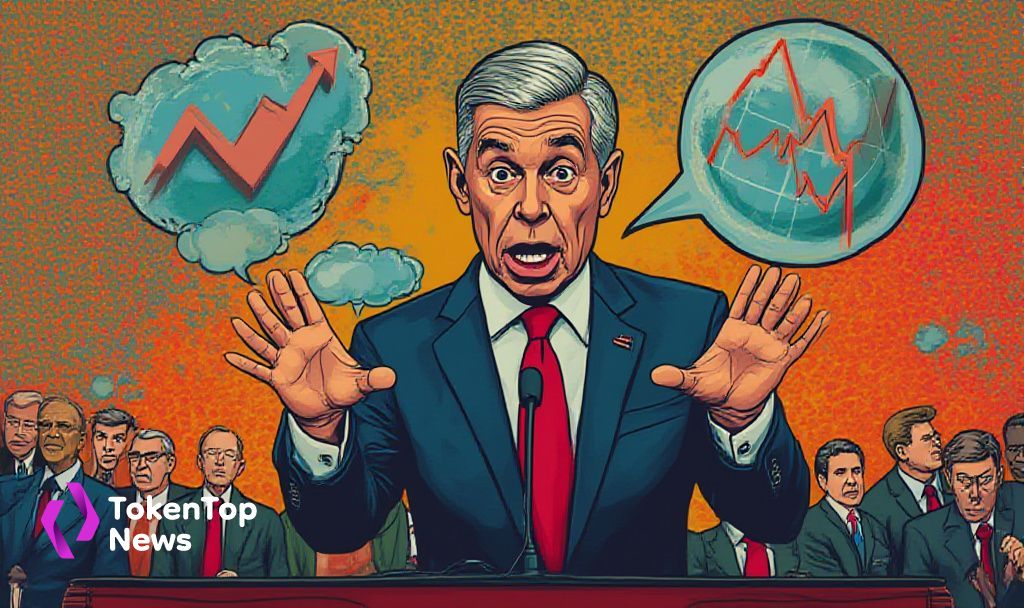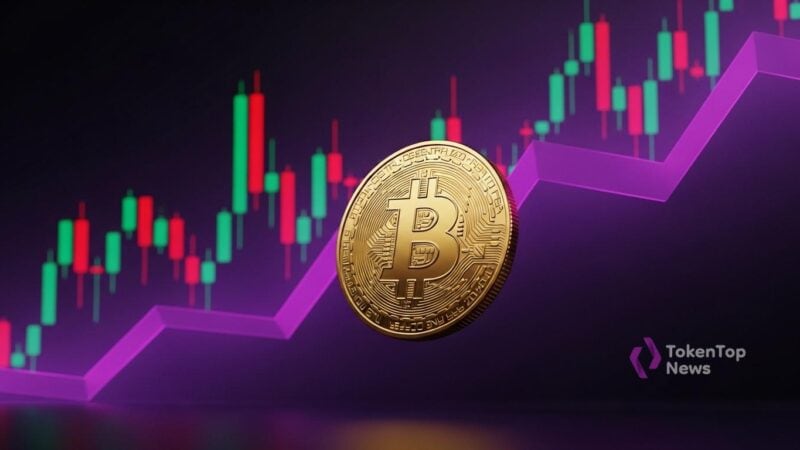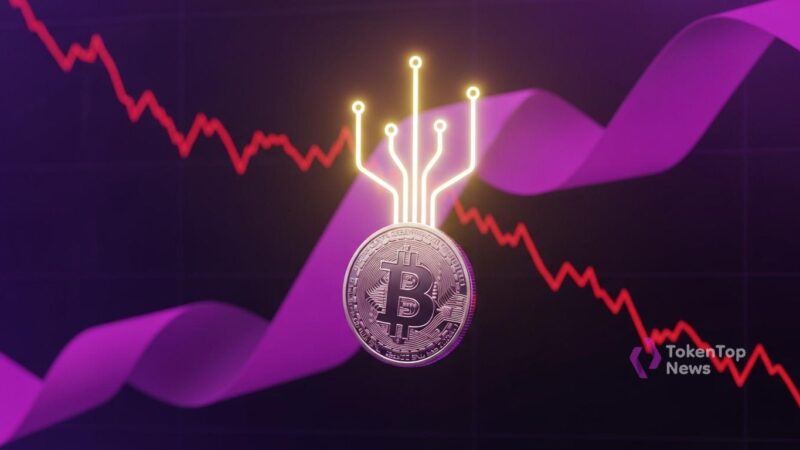Powell Warns Tariffs Could Trigger Inflation, Economic Slowdown
- Fed’s Powell warns of inflation and growth risks.
- Sustained tariffs generate economic concerns.
- Fed’s dual mandate faces potential challenges.

Federal Reserve Chair Jerome Powell highlighted the potential inflationary impact of tariffs in a recent Economic Club of Chicago speech. He suggested that sustained tariff increases could slow down economic growth in the United States.
Powell’s warning is significant due to potential inflation and economic slowdown, impacting both traditional and crypto markets. The Fed’s response could affect inflation expectations and asset price volatility, altering investor strategies.
“The tariff increases announced so far have been significantly larger than anticipated…If the large increases in tariffs that have been announced are sustained, they’re likely to generate a rise in inflation, a slowdown in economic growth, and an increase in unemployment.” — Jerome Powell, Chair, Federal Reserve
Powell expressed concern over announced tariff increases, stating they could raise inflation, slow economic growth, and raise unemployment rates. Sustained tariffs present complicated challenges for the Federal Reserve, impacting its dual mandate significantly.
Jerome Powell remains central to U.S. monetary policy, noting that sustained tariffs complicate economic judgments. His tenure since 2018 has been marked by adept handling of fiscal policy challenges, including the pandemic and inflation surges.
Immediate impacts might include increased volatility in traditional and crypto markets, with assets like Bitcoin and Ethereum ETH +0.00% sensitive to macroeconomic changes. Historical precedents underscore potential volatility spikes in alternative investments during such uncertainties.
Potential financial shifts include stagflation risks, complicating the Fed’s rate adjustments. Past events, like the 2018-2019 trade war, saw cryptocurrencies gain as investors sought alternatives. Powell’s statements could prompt traders to reposition portfolios in anticipation.
As macroeconomic data evolves, financial, regulatory, and technological outcomes will hinge on the Fed’s future actions. Historical trends suggest increased volatility across both traditional and digital asset markets, with Powell emphasizing the need for careful judgment.




